Devon: Right to Roam shows how pheasant shoots abuse environment
South Devon Right to Roam find dead birds and plastic waste on Berry Pomeroy Estate
Landowners and gamekeepers like to boast that they are instrumental in conserving England's wildlife; that they are the true custodians of the land. But shocking photos, taken by a local Right to Roam group, show the havoc wreaked on land by pheasant shoots.
South Devon Right to Roam took a walk on the Duke of Somerset's private Berry Pomeroy estate on 26 November. The hike was part of a national campaign for greater access to England's land (more on that later). This particular area of the Duke's land is used as a pheasant shoot, and right now it is shooting season. The group found numerous dead pheasants strewn on the ground, picked clean by foxes and corvids, as well as masses of plastic litter, some of which had been burnt. The campaigners also found empty bags of genetically-modified pheasant feed.
This pheasant was found with her head tangled in the mesh of a boundary fence:
The group also found these bullet casings all over the ground:
The area is, supposedly, a 'wildlife conservation area', according to signs the estate has put up. Yet the Right to Roam group also found this mess of burnt plastic and other rubbish scarring the forest:
Guy Shrubsole, author of Who Owns England?, is part of South Devon Right to Roam. He posted the photos on X (Twitter), and wrote:
"Today South Devon @Right_2Roam group returned to the Duke of Somerset's Berry Pomeroy estate, scene of a previous mass trespass. The pheasant shoot was in much evidence, with many carcasses (boosting carrion) & plastic shooting litter everywhere. Custodians of the countryside!"
Indeed, I joined the previous mass trespass onto the Duke of Somerset's land in May 2022. Back then I photographed a large pit. Inside was a number of blood-stained pheasant carcasses, tangled up with old wire fencing and other rubbish:
Gamekeepers like to brag that they are key to the conservation of our country. They state that through 'managing' the land by trapping, killing and poisoning native predators such as foxes, they are preserving the lives of endangered birds. But they fail to point out the obvious: that releasing millions of non-native Eurasian pheasants into the countryside wrecks the ecosystem.
Increasing the number of predators
Gamekeepers also fail to mention that through their murderous pheasant-shooting industry, they keep the predator population high by giving it an abundance of carrion to help them survive through the winter. Shrubsole confirmed that the pheasants on the ground were "boosting numbers of mesopredators" – that is, mammals such as foxes.
I asked Protect the Wild's bird expert, Charlie Moores, why gamekeepers didn't collect the dead pheasants found caught in fencing and strewn on the ground. He told me:
"Shoots say they do pick up dead birds, but most so-called 'game' dealers don't want the meat as there is tons and tons of it and they can't sell it. Shooters will aim to kill at least 100 pheasants a day, and no-one has a freezer that big. Guy's photo shows a pheasant that's flown into an enclosure fence. Fences are all around estates like that - birds get killed flying into them. Do they employ enough staff to check on or free trapped birds - probably not. Do they leave them to attract foxes so they can snare or shoot them? Possibly. Birds that go down in woodland may well be just left there - when you think about the scale of industrialised shooting now there are hundreds and hundreds of bodies after a big shoot, why would they worry about hunting around to find a few 'lost' ones?"
The need for a right to roam
South Devon Right to Roam's most recent findings highlight the urgent need for a change of law in England. The national Right to Roam campaign is calling for the public to be given access to land, much like in Scotland. Disgracefully, we currently only have a partial right to roam on 8% of all of England's land. The rest is closed to us, cordoned off with barbed wire fences and hostile 'KEEP OUT' signs. A new Right to Roam law would permit us all to walk and camp in the countryside, no matter if the land is private or public.
And importantly, it would allow us to monitor what actually happens on the land of the very people who claim to be conserving it. The Duke of Somerset, for example, owns 2,800 acres of land in Devon, most of which is out of bounds to the public. It is, instead, a playground for the wealthy, hidden from our view. In 2020, the Duke received roughly £30,000 in public subsidies for “forest, environmental and climate services and forest conservation" on his south Devon estate. Despite this, the public is greeted by signs to stay away and 'private property' notices.
Bold trespass acts, like those carried out by the Right to Roam campaign, are needed to unveil the truth: that land owners such as the Duke of Somerset are incapable of being custodians of the countryside. Access to land will also prove that the bird-shooting industry spouts propaganda and lies. While it tries to convince the public that it is a capable steward of the land, eyewitness accounts debunk this false narrative.
While we support the Right to Roam campaign's efforts to change access laws, Protect the Wild argues that shooting needs to be banned for good. We are dedicated to campaigning to end shooting in the UK once and for all, whether it be pheasant, partridge or grouse shooting. Click here to read more and support us in our mission.
Images South Devon Right to Roam group



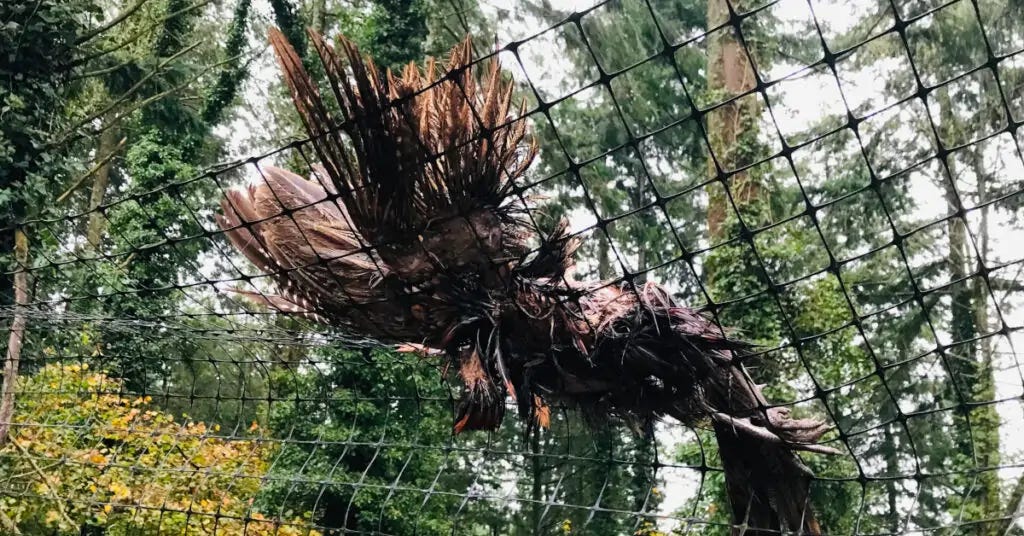
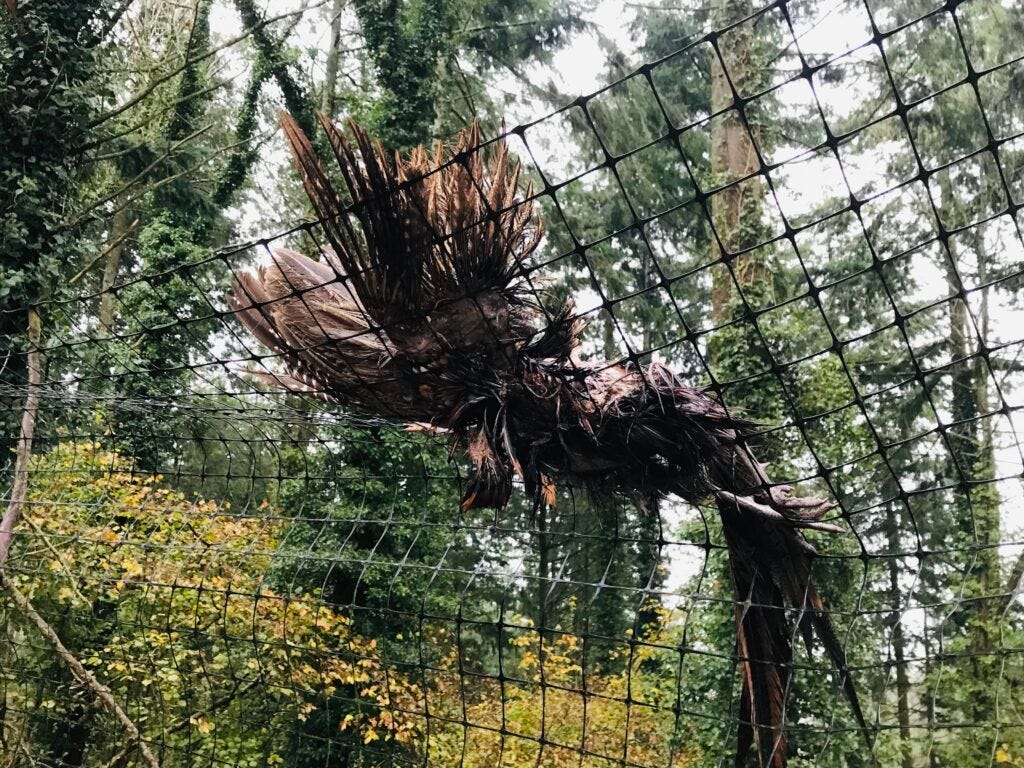
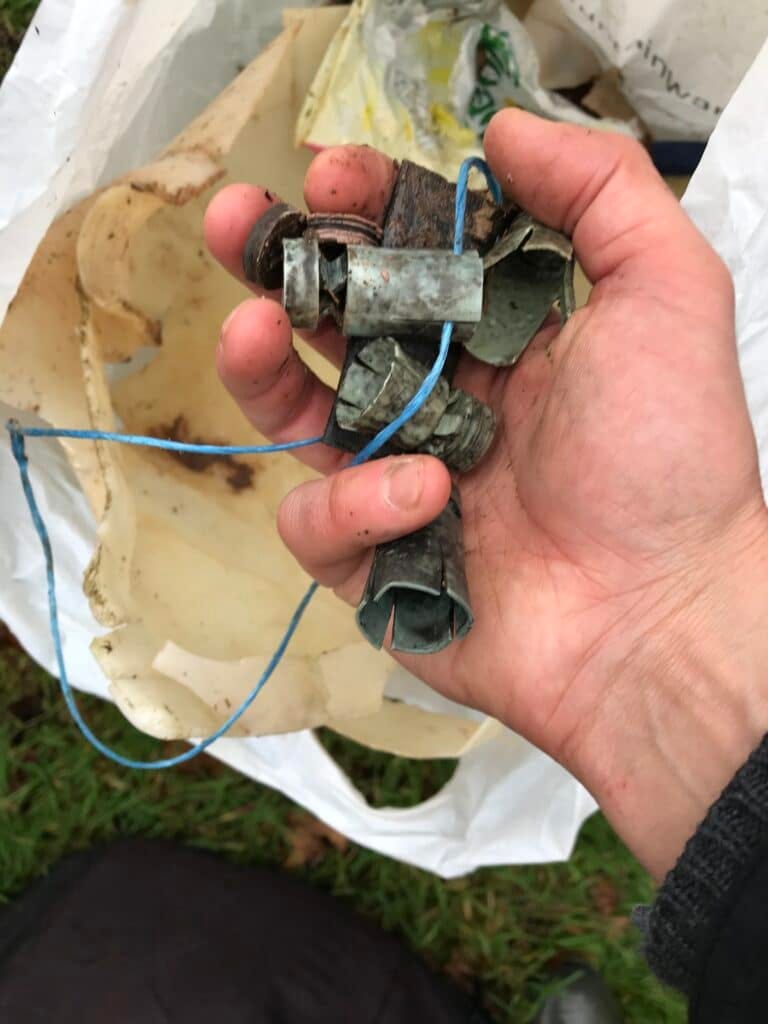
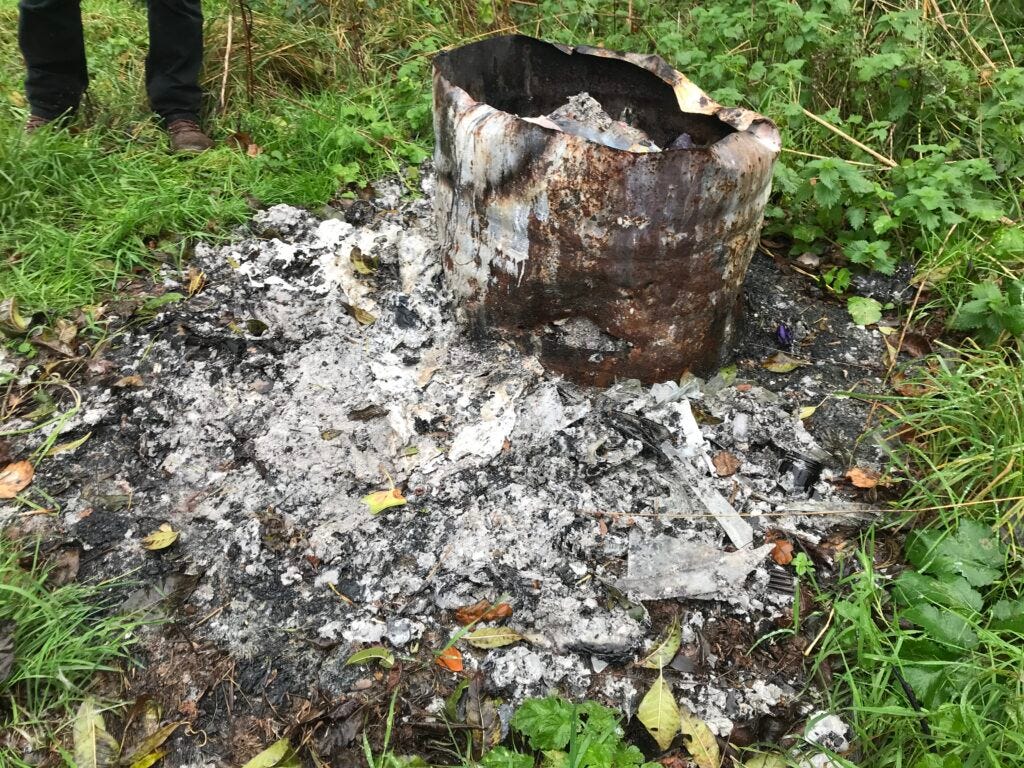
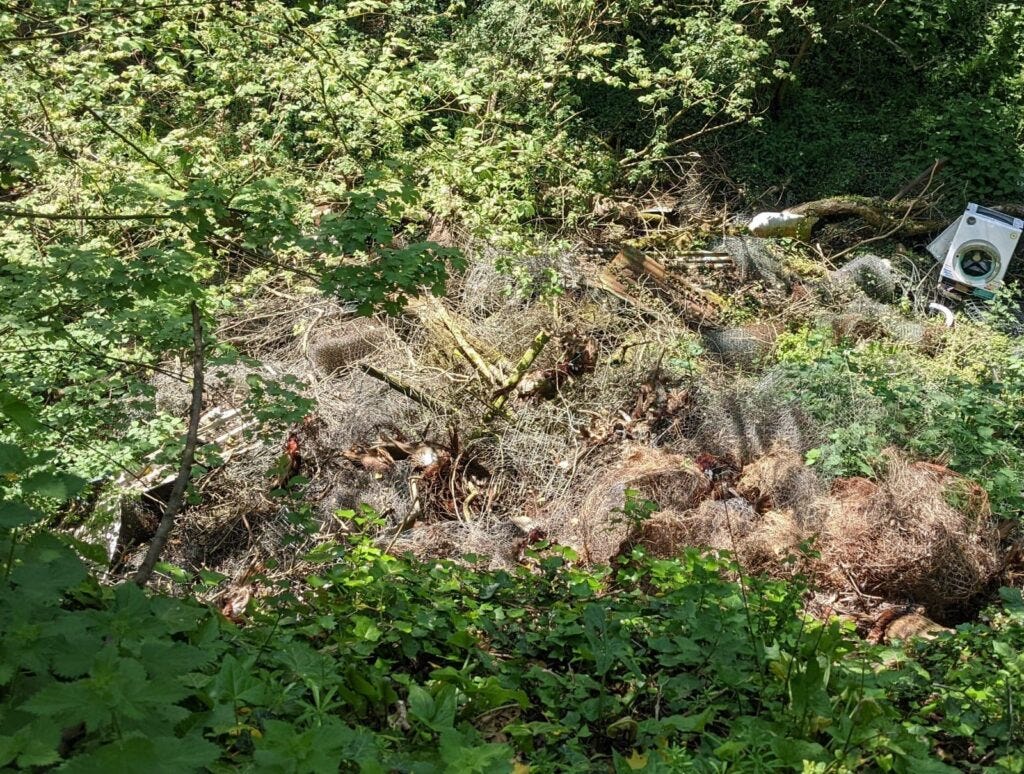
All they care about is satisfying their blood lust. They probably do leave dead and dying birds to attract foxes and carrion so they have an excuse to kill them too. Depraved doesn't even cover it!
This is why landowners don’t want us on their land, because we would find out about all the misuse, snares, stink pits, litter, burning etc.